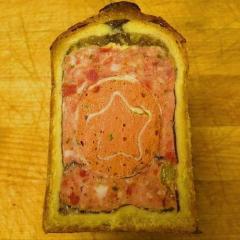-
Welcome to the eG Forums, a service of the eGullet Society for Culinary Arts & Letters. The Society is a 501(c)3 not-for-profit organization dedicated to the advancement of the culinary arts. These advertising-free forums are provided free of charge through donations from Society members. Anyone may read the forums, but to post you must create a free account.
Tasting Notes: What's useful?
-
Similar Content
-
- 1,055 replies
- 160,910 views
-
- 1 reply
- 373 views
-
- 21 replies
- 1,214 views
-
- 20 replies
- 1,534 views
-
- 21 replies
- 770 views
-
-
Recently Browsing 0 members
- No registered users viewing this page.







Recommended Posts